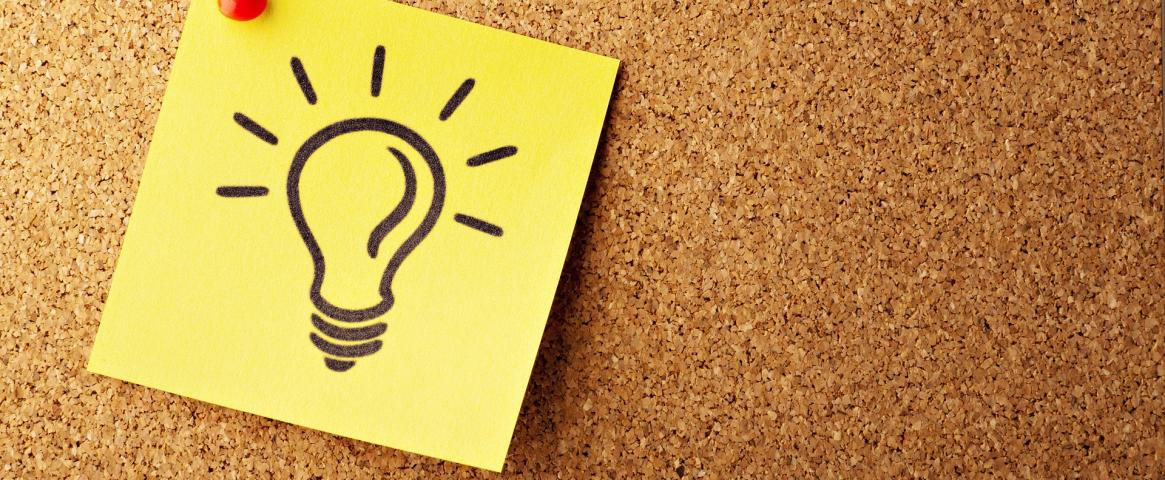The NASW Grants Committee is now accepting applications for a new round of Peggy Girshman Idea Grants awards cycle. Applications are due on Wednesday, February 23, 2022.
NASW invites proposals from individuals or groups for grants of up to $15,000 to support projects and programs that will help science writers in their professional lives and/or benefit the field of science writing. The total funding available for all grants in this round is $15,000.
The Grants Committee encourages creative thinking, and so, as in past years, the guidelines for Idea Grant proposals are consciously broad. The committee, however, continues to prioritize applicants who propose novel projects, events, or resources that the NASW grants program has not supported in the past.
NASW is committed to the principles of diversity, equity, and inclusion. We are especially interested in projects led by and/or that serve underrepresented audiences and groups. In addition, any funded projects that solicit multiple voices, whether in the form of panels, events, writing compilations, etc. will be expected to showcase a broad diversity of voices from varied perspectives and backgrounds, including but not limited to race, ethnicity, gender identity or expression, sexual orientation, physical ability, nationality, age, socioeconomic status, and belief. The best proposals will outline plans for diversity, equity, and inclusion in project development, execution, and outreach.
Projects must be in keeping with NASW’s mission, and should be accessible to all U.S.-based science writers. The committee would like to see projects that will have a wide impact on the field, and applicants who carefully consider how funded work will be sustained beyond the award period.
Project funds do not support individual works, such as underwriting a single investigative piece or book, but could, for instance, underwrite a study of the state of science writing in the United States, or a resource for science writers. All Idea Grant projects are organized independently of NASW, meaning NASW does not provide web services, event support, or other organizational resources to recipients.
Applicants need not be NASW members, and the committee welcomes proposals from all PIOs, journalists, freelance writers, and other interested parties. Applicants located outside of the United States may apply, but all proposals must demonstrate a clear benefit to U.S.-based science writers.
Please submit your proposal through Submittable by 11:55 PM ET on Wednesday, February 23, 2022. To learn more about the program, review past awards, and read selected proposals from past projects, visit our fact page. Before you submit a proposal, please review our list of Do’s and Don’ts.
Applicants will be notified of the Grant Committee’s decision in mid-April, and can expect disbursements to begin soon thereafter, pending grantees’ acceptance of the grant contract. Applicants should take this timeline into account when planning events. In general, Idea Grants may not be used to fund costs already incurred. Only direct costs are allowed. Indirect costs are not allowable. Grants of more than $5,000 will need to be approved by the NASW Executive Board as well as the Grants Committee.
About the Peggy Girshman Idea Grants Program
Since 2010, the National Association of Science Writers has funded projects totaling more than $562,000 to benefit science writers. The grant program is named in memory of Peggy Girshman, NASW’s late board member, founding member of the Grants Committee, and longtime advocate for writers.
If you have questions about the grants program or about submitting an application, please contact Sheila Burt, chair of the Grants Committee, at sburt@nasw.org. Thank you for your interest!
Join the conversation on Twitter at #SciWriGrants
Image by Gino Crescoli from Pixabay.

